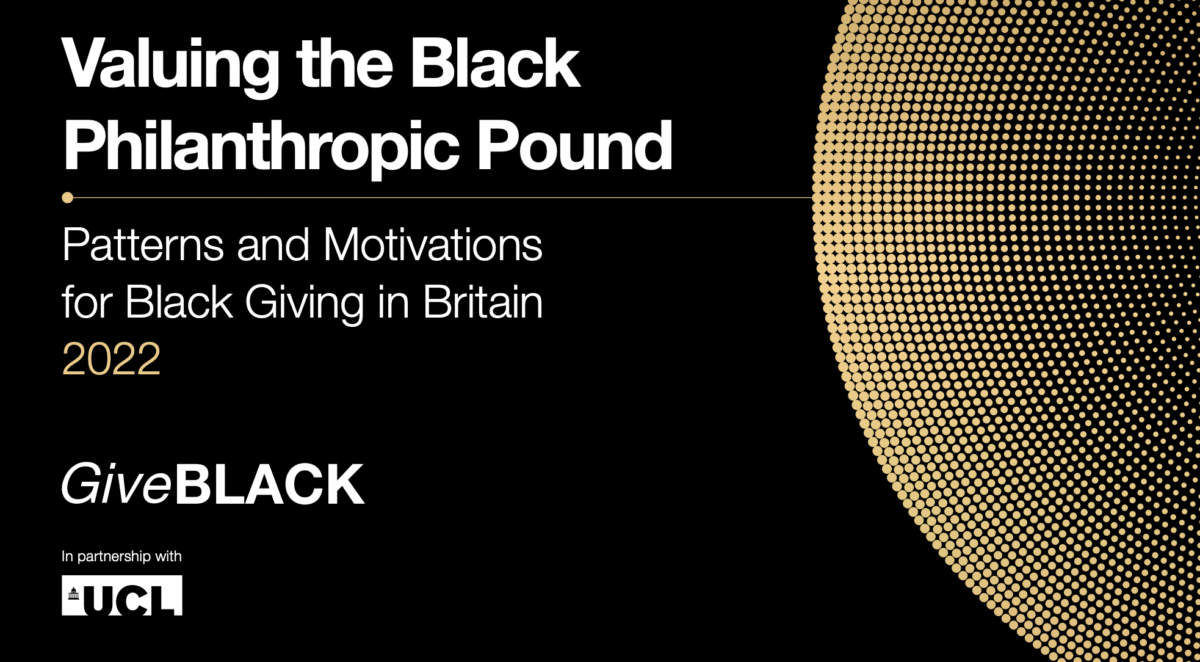Clicks for charity approach to philanthropy examined in new paper

The implications of top YouTuber MrBeast’s own particular brand of philanthropy are examined in a new paper.
MrBeast (aka Jimmy Donaldson) is currently the world’s most subscribed YouTuber and ranked as the highest-earning on the platform, with many of his videos and giveaways focusing on supporting philanthropic causes and those in need. Rather than using the traditional model raising of donations from audiences, MrBeast raises charitable revenue through the act of audiences watching and being entertained.
However, Dr Vincent Miller and Dr Eddy Hogg from the University of Kent’s School of Social Policy, Sociology and Social Research, have found that MrBeast’s revenue-generating philanthropic videos come with their own set of implications. These are explored in their co-authored paper, ‘If you press this, I’ll pay’: MrBeast, YouTube, and the mobilisation of the audience commodity in the name of charity’ [‘Convergence: The International Journal of Research into New Media Technologies’, March 2023].
Advertisement
Implications of ‘click for charity’ approach
The paper says that by using the ‘warm glow’ of charity along with ‘a very up-front and knowing monetisation of audience commodity value’ to raise money for the causes he champions. This, it says, represents an evolution from notionally philanthropic television programmes such DIY SOS: The Big Build, which indirectly use advertising income to fund charitable efforts.
While in theory, ethical consumption and cause-related marketing of the kind practiced by MrBeast have benefits for all parties involved, the tactics have also drawn criticism with many concerns focusing on how these practices link the production of wealth to the practice of charity, binding the two together as ‘the solution’ to societal ills.
Co-author Dr Miller explained:
“MrBeast’s viewers are knowingly generating charitable income through their own self-exploitation as a valuable audience commodity which creates revenue for others – the ‘warm glow’ effect, and this form of cause-related marketing practiced by MrBeast, in theory, has benefits for all parties. But, the criticisms of such approaches, however, are numerous.
“Many of these concerns stem from the ways in which such practices link the production of wealth to the practice of charity, binding the two together as ‘the solution’ to societal ills. It is argued that such an approach can stifle philanthropy’s transformative potential.”
The problem here, the paper says is that this also closes the debate around the causes of and solutions to social issues, many of which are ‘likely and ironically’ to have resulted from the large-scale industrial changes and employment shifts emerging from increasing technologically enabled automation and globalisation endemic to contemporary informational capitalism.
It states: ‘YouTube, informational capitalism, and the massing of excessive wealth which occurs in informational capitalism, appears as the solution to the injustices and hardships which result from those structural problems.’
A further criticism included in the paper is that the need for causes supported to make good, algorithm-friendly content means that only a particular type of deserving beneficiary is profiled. Those who the audience may perceive as less deserving are left out.
Dr Hogg added:
“We see MrBeast’s mobilisation of YouTube’s audience value as opening up interesting questions about the complicated nature of social media practices and advertising revenue generation, as well as an important new approach to charitable fundraising and philanthropic giving enabled by the advertising revenue sharing models of social media.
“Additionally, it raises the issue of selective causes. The need for causes supported to make good, algorithm-friendly content means that only a particular type of deserving beneficiary is promoted. Those who the audience may perceive as less deserving – drug users, sex workers, ex-offenders – are left out, excluded from the philanthropic story so as not to interfere with the ‘warm glow’ of good deeds for deserving people, and an algorithmic logic which may not deem such content suitable or advertiser-friendly.
“Finally, we do not know whether the funds and goods being distributed by MrBeast might have been donated in some other ways were it not for Beast Philanthropy. Thus, rather than generating new philanthropy, MrBeast’s Philanthropy may just be moving existing donations around – a zero-sum game.”





